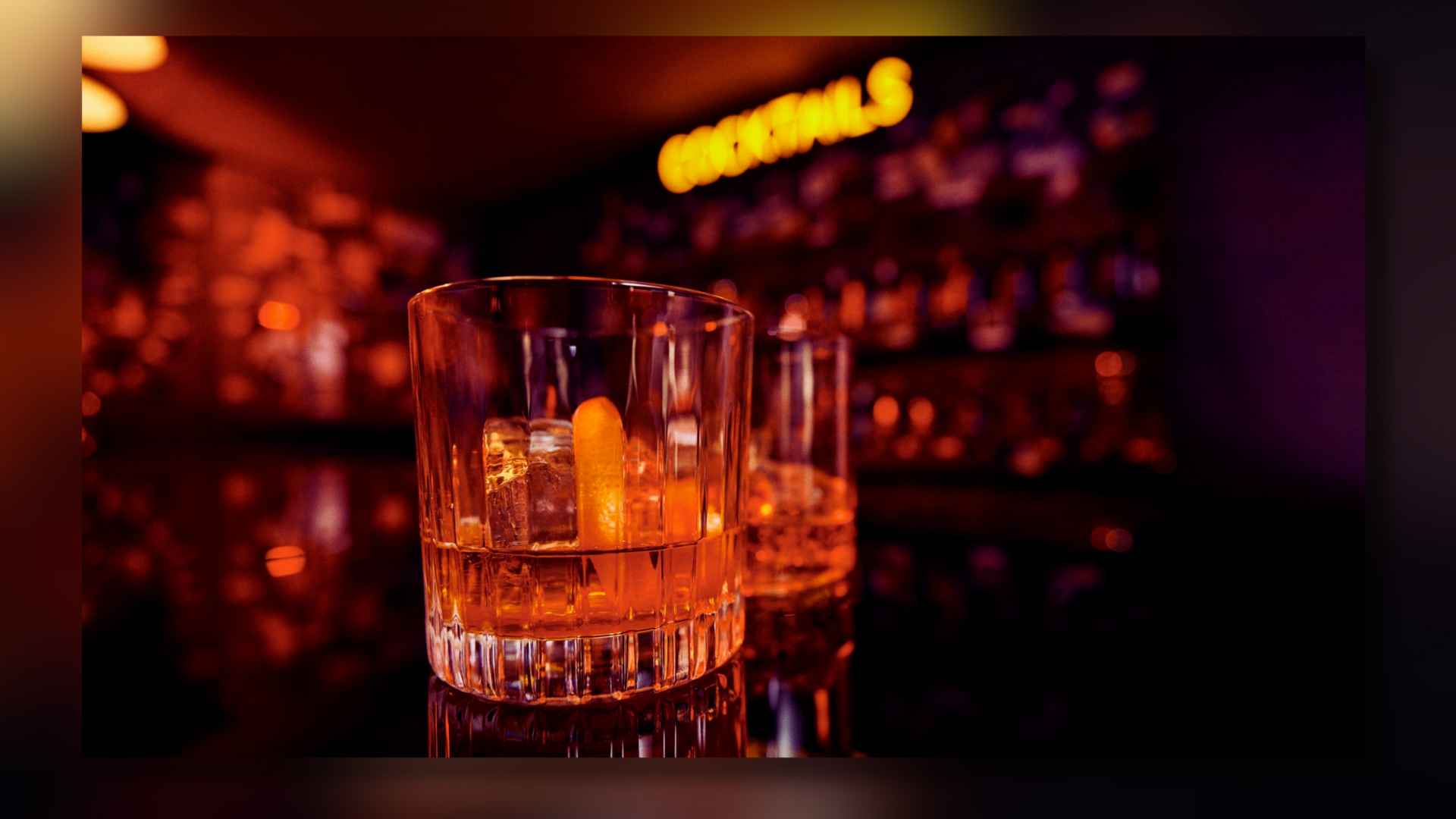

Breaking Spirits
Alcohol is a product of mass consumption, something a person likes to indulge in now and then, and just like any product that is consumed on a large scale alcohol is quite susceptible to adulteration as well. In the past few years there has been a significant change in the fabric of production and distribution because of the the COVID-19 pandemic, which has also changed the usual dynamics of social interaction.
The alcohol industry in India has been under the scanner for its vulnerability to adulteration and ever since the COVID-19 pandemic has hit us the issue has become even more pressing. Since the advent of the pandemic the counterfeits of alcohol have topped the list of products highly prone to adulteration in India after its sales were banned.
Adulterated alcohol poses a serious threat to an individuals health and can cause serious heart and liver problems to begin with, and it is often very difficult to distinguish the original from fake. FICCI’s latest study reveals that the illicit alcoholic beverage market was valued at Rs 23,466 crores in 2019-20.
Data from IWSR indicates a notable surge in alcohol consumption in India, rising from 5.376 billion liters in 2017 to 6.177 billion liters in 2020. This growth has made it a more enticing prospect for the alcohol mafias. There have been several cases in various states of India even in the ones that have banned alcohol, where the illicit trade of alcohol has claimed many lives.
The Ministry of Home Affairs revealed that in 2020, approximately 947 deaths were attributed to the consumption of illicit alcohol, with another 782 deaths reported in 2021. Several factors contribute to the persistent flow of illicit alcohol in India, particularly in states like Bihar, Gujarat, Nagaland, Mizoram, and the union territory of Lakshadweep.
These include a lack of consumer awareness, lax enforcement of regulations allowing easy access to illicit goods, varying tax policies favoring illicit products’ affordability, and restrictions hindering access to legitimate alternatives. These set of challenges have made the adulterated alcohol Industry a very lucrative trade.
Apart from posing serious health issues for the consumers it also puts a dent on the brand value of the original product. Taking the brands perspective in mind we see that consumers usually loose trust in the brand. The counterfeiting of alcohol goes beyond just labels and includes bottle caps and bottle designs as well.
Brands that invest in making superior quality products often loose brand equity and sales due to availability of fake liquor.
Brewing illicit alcohol is as easy as mixing a cocktail, and consumers often find themselves shaken, not stirred, by counterfeits. Awareness needs to raised amongst the consumers and its impacts on their health and economic safety must be highlighted.
Moving further an improved accessibility of the legal products is the key, boosting the count of authorized retail outlets for genuine alcohol is a potent strategy to reduce illicit alcohol sales. Effective monitoring of retail outlets is also very important. The government can also incentivize local producers, home brewers and country liquors as there is an urgent need to formalize this growing market.
The majority of Indian states, except Goa and Maharashtra, have adopted tax stamps as a robust strategy to combat counterfeiting and tampering, ensuring the safety of consumers and revenue protection. These tax stamps encompass a range of security features, including overt (visible), covert (invisible), and forensic elements, coupled with digital features to authenticate liquor bottles.
It’s crucial for consumers to verify the presence of the correct tax stamp on bottles during purchases, ensuring they are genuine and free from any signs of tampering or alteration
While there is always a risk of consuming adulterated alcohol, but with awareness one can effectively dodge the harmful impacts of fake alcohol. Technology can be of great use in reducing the circulation of fake alcohol with proper stamping and regular quality checks the risk can be lowered even further. Although, with the issue at hand a reduced consumption of alcohol and self-control by an individual will prove to be one of the most potent measure in combating the subject.
ALSO READ
Delhi Police Nabs Kingpin Of Interstate Gun Network, Seizes Semi-Automatic Pistols
Kim Kardashian, currently pursuing a legal career, is particularly alarmed due to Diddy’s ongoing federal…
The wait for IPL 2025 has started, and the excitement is building with fans preparing…
The report also highlights that the makers of Coolie are actively seeking the right distributors…
The much-awaited Krrish 4, featuring Hrithik Roshan, has been in development hell for years. Although…
Grok is part of Elon Musk’s AI company, xAI, which launched Grok 3 last month.…
Virat Kohli is as keen as ever on the game, but he realizes that as…